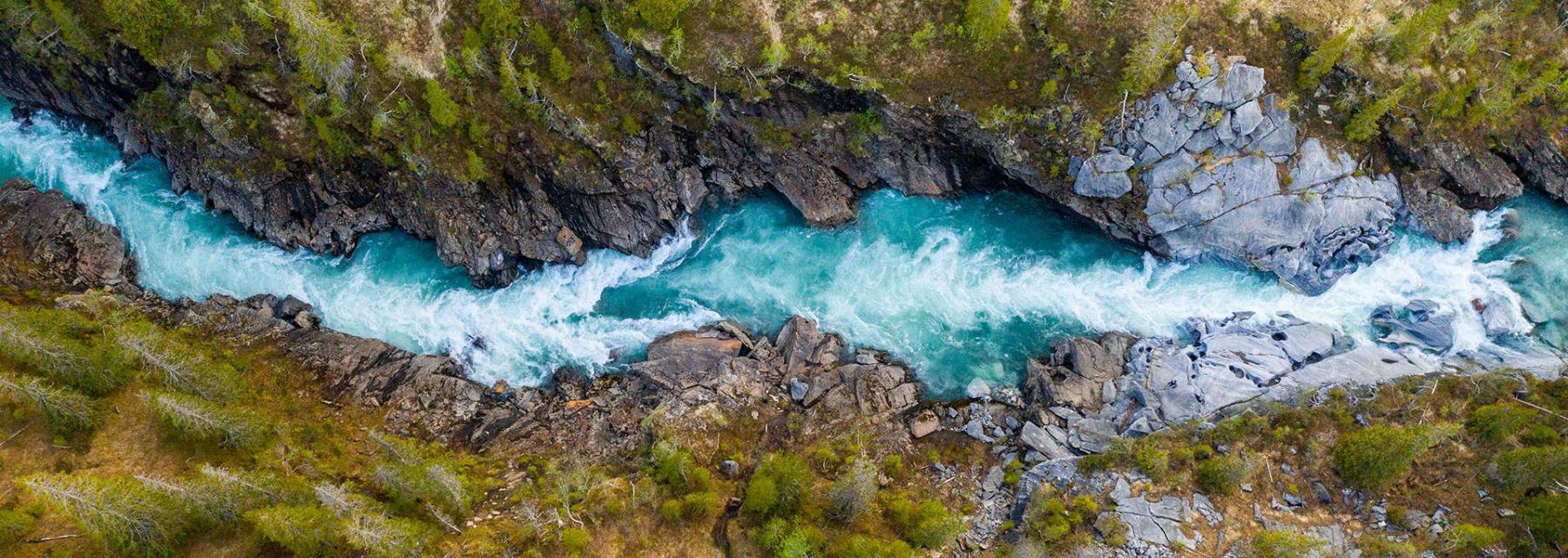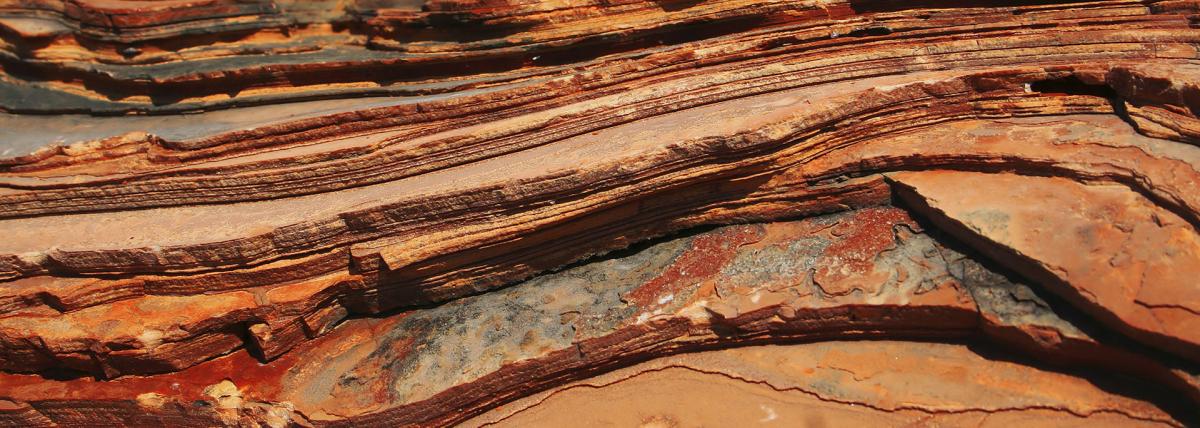
Earth Day Ocean Clean Up
In this lesson, students will collaborate to design and engineer a product to contain and clean up an oil spill while saving the affected wildlife. They will also accurately complete an itemized receipt. Then, students write a multi-paragraph passage communicating their oil spill cleanup experience, struggles and man-made effects on the environment. This real-world problem-solving lesson allows students to develop a deeper understanding of issues that impact wildlife and how to create solutions.
Lesson Grade Level
6th GradeLesson Plan Link/URL
https://docs.google.com/presentation/d/16xta17SeZx_NjfC4LXv6pYKWPKZ-wYI8/edit?u…Subject Area
Science Physical Science P1: Matter Life Science L2: Organisms & Energy Engineering S1: Engineering & Global Society S2: Apply the Engineering Design Process S3: Apply Mathematics to Engineering S4: Apply Science to Engineering S6: Apply Communications to Engineering S7: Apply Project Management to Engineering Mathematics Operations and Algebraic Thinking (OA) Number and Operations in Base Ten (NBT) The Number System (NS) English Language Arts (ELA) Reading (Informational Text) Writing Speaking & ListeningRelated Content

How can we design and engineer sports venues of the future that practice sustainability? According to the Green Sports Alliance, 17% of the world's population follows science but about 80% follow

Quail Farming
Students will learn about the three pillars of sustainability through their quail farm. They will incubate, raise and restock their quails in order for them to be sustainable regardless of what

Designed for three hour-long STEAM Club meetings for scholars from kindergarten - fourth grade. This lesson plan can also be used for fifth-seventh grade scholars. Scholars will learn about